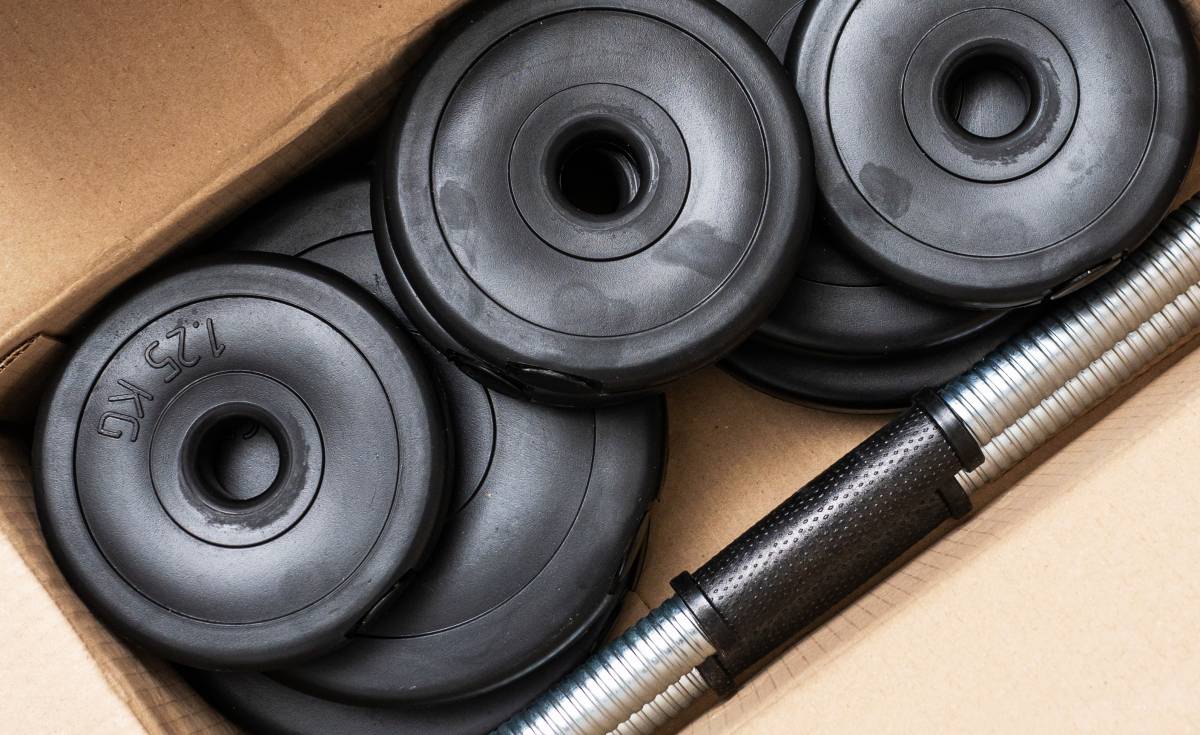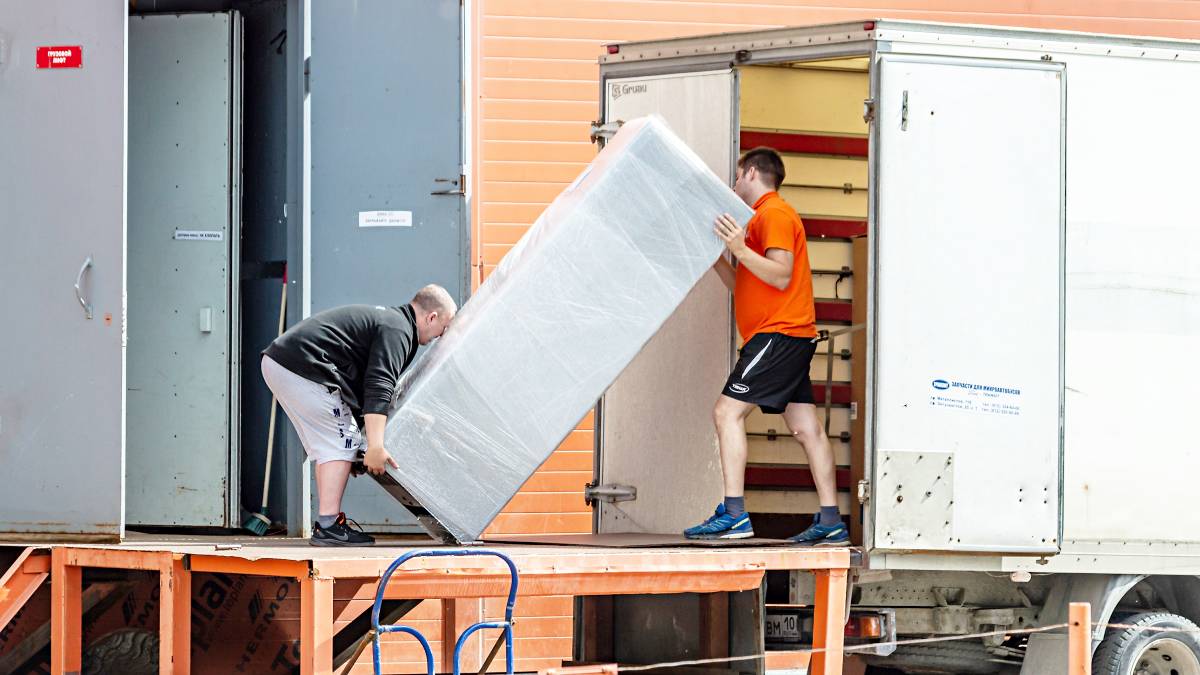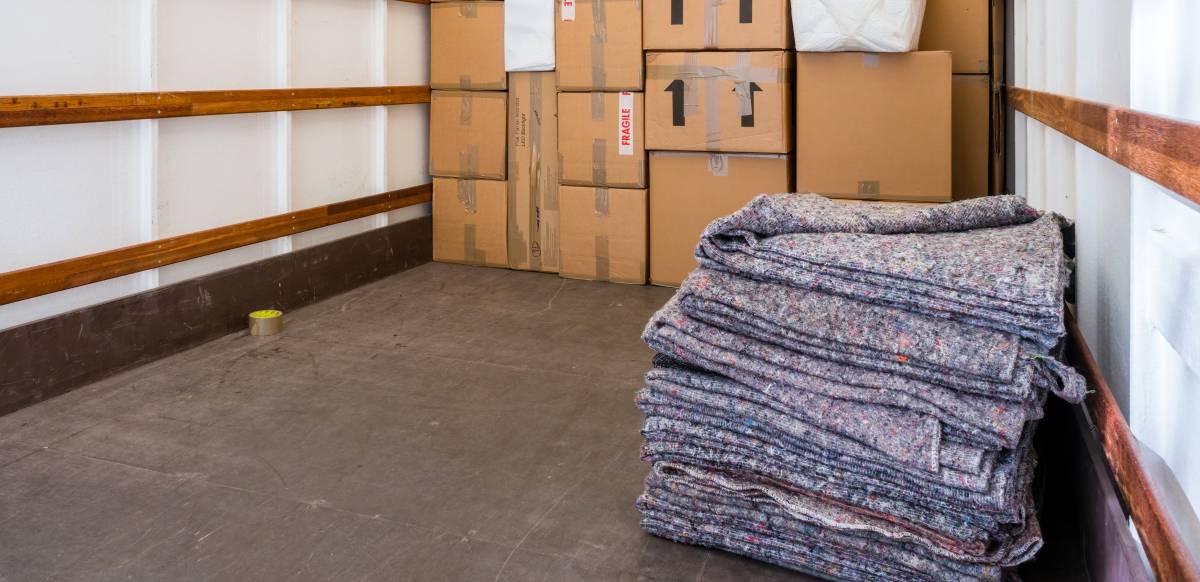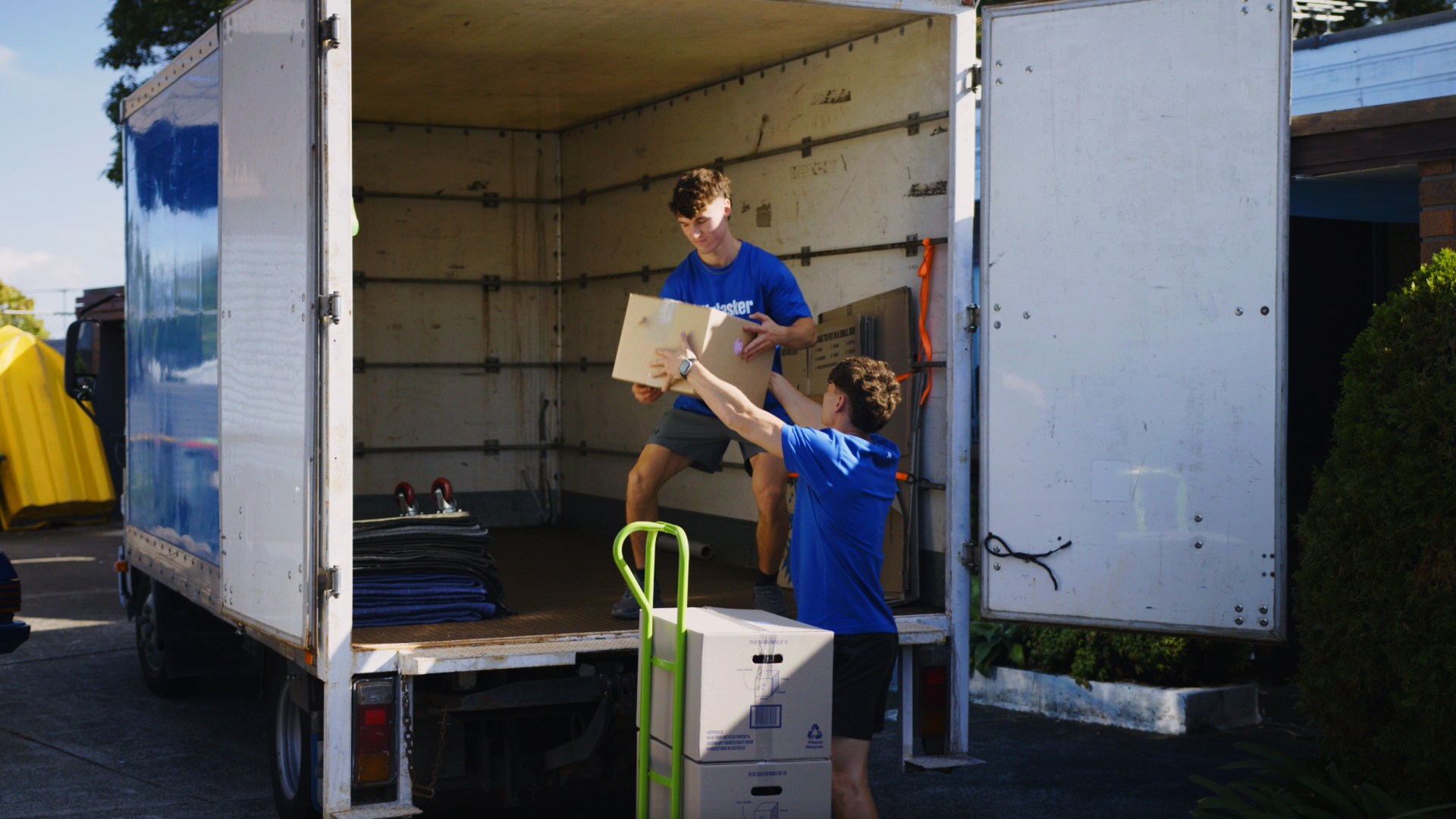
The best and worst times of year to move in the UK
Plan a move that saves money and stress
Published on

Written by Genine T.
Staff Writer
Read more about our contributor
Key Takeaways
- The best months to move are April, May, June, September, and October, when weather is more favourable and demand is lower compared to peak summer.
- The worst months to move are January, July, August, December, and any Friday in summer, when prices rise, demand is high, or weather creates added risks.
- Book your removals 6 to 8 weeks in advance to secure better prices, ensure availability, and reduce last-minute stress.
Moving house sounds simple enough: pack your boxes, hire a van, and set off for your new home. But in the UK, it rarely goes quite that smoothly. With unpredictable weather, drawn-out conveyancing, and bank holidays around the corner, every homeowner may find the whole process of moving into a very costly headache.
The good news? Choosing the best time of year to move can save you money, reduce stress, and even boost your chances of enjoying a rare sunny moving day.
To help you out, we’ve analysed two years of moving data, weather patterns, and industry insights to create the ultimate guide. Below, you’ll discover the months that offer lower costs and smoother conditions, as well as the worst time to move, when prices climb, demand soars, and Murphy’s Law seems to take over.
The 5 best times to move house
 Moving into a new home on a bright, sunny day. (Source: iStock)
Moving into a new home on a bright, sunny day. (Source: iStock)
After analysing thousands of moving tasks posted on Airtasker, these five months consistently show the best balance of reasonable moving costs and mild weather conditions. While they’re not the absolute cheapest months to move, they offer good value when you factor in pleasant weather, lower stress levels, and flexibility with your move-in date.
1. September
September is often considered the best month to move if you’re planning a change of flat or house. Our data shows that demand falls sharply once the summer rush ends, which makes September one of the cheapest times to book removals and related services. Lower demand also means you’re more likely to secure your preferred moving day without inflated costs or limited availability.
According to the Met Office, September often brings the chance of an Indian Summer with mild temperatures and more settled weather. These conditions make loading and unloading easier than in the heat of July or the damp of November. The steadier weather also protects your belongings, keeping furniture safe from humidity and boxes safe from rain.
2. October
Based on our data, October is one of the best-value times of the year to plan a move since it has the second-lowest demand. This means prices are far more competitive than during the peak moving season. The weather is cooler and the days are shorter, but it’s still mild enough to make loading, unloading, and travelling straightforward. This balance makes October an excellent choice for anyone looking for the best time to move house without paying premium rates.
Families who missed the September school restart often choose October, and many sellers aim to complete the sale before the Christmas slowdown. It’s also a smart window for an interstate move, since traffic is lighter than in summer and moving companies have more availability. For value and practicality, October offers one of the most reliable opportunities of the year.
3. May
May is one of the busier months for moving, with our data ranking it as the fourth most active. The appeal comes from two bank holidays in England, Wales, and Northern Ireland, which make it easier to turn a moving day into a long weekend. This is especially useful for families moving with kids, as it allows more time to settle in. However, bank holidays can be more expensive for removals and storage, so it’s important to book well in advance to be fully ready to move.
Weather conditions also make May one of the best times to move house. Spring usually brings mild temperatures, longer daylight, and relatively low rainfall. These factors reduce the risk of boxes getting wet or furniture being exposed to humidity, making it easier to protect the items you plan to move. With better weather and extra daylight hours, the practical side of moving becomes far less stressful.
4. April
April typically marks the start of the busy moving season. However, our data shows that demand is still moderate, which makes it easier to find a man with a van or removal company at a fair price. The improving spring weather and longer daylight hours also make this a more comfortable time for a moving day, without the risks of icy roads in winter or the sweltering heat of summer.
April is also a smart time to think about how you handle larger or more delicate items. For instance, moving appliances such as fridges or washing machines can be tricky in spring weather, especially if rain leaves driveways wet or slippery. It’s highly recommended to wrap them securely, tape down cords, and keep them covered to prevent damage in case of a sudden shower or when moving across damp ground.
5. June
June is one of the busiest months for moving, ranking third in demand, which means prices are higher than average. Even so, many people see it as the best time to move house because it brings the longest daylight hours of the year, giving you more time to complete tasks without the pressure of finishing before dark.
Unlike May, there are no public bank holidays in June across England, Wales, Scotland, or Northern Ireland, so your schedule is less likely to be disrupted by holiday closures or limited availability.
Although some regions can see slightly above-average rainfall, the overall weather in June is usually favourable for working outdoors. If you’re planning a move, build your budget carefully and book services well ahead of time to secure a good price. Removal companies often fill up quickly during this period, so locking in a date early can save money and give you more choice.
The 5 worst times to move house
 Moving supplies being organised outdoors. (Source: iStock)
Moving supplies being organised outdoors. (Source: iStock)
In this section, we’ll review the months when demand peaks, prices soar, and weather conditions become so challenging that movers become ultra-picky about what they won’t move. Add in the stress of competing for limited slots and the real risk of your moving day getting postponed, and you’ve got a recipe for moving disaster.
1. August
Based on our data, August is one of the worst months to move house due to peak summer demand driving prices through the roof. Removal companies can charge 30-50% more than in off-peak months since families rush to relocate before the new school year begins. Availability also becomes severely limited with the best removal services booked weeks or months in advance.
In terms of the weather, August also brings unpredictable thunderstorms that can soak your belongings and create hazardous moving conditions. Add in the fact that many solicitors and estate agents take extended summer holidays during this period, and you’ve got the frustrating mix of high costs and frustrating delays.
2. December
If you’re wondering when do most people move, the answer is summer, not December. The truth is that moving in December is rarely a good option. With only about seven hours of daylight, moving days feel rushed. Cold temperatures and the risk of rain, snow, or ice can also make it harder and less safe to carry furniture and boxes. Add the festive season to that equation, and you may end up with busier roads and holiday commitments that can make scheduling more stressful.
Even though demand is lower in December, the difficulties can quickly outweigh the benefits. Many solicitors, councils, and mortgage lenders close or reduce their hours over Christmas and New Year, creating delays that can push back your move. Removal companies may also add holiday or night rates, so any savings from moving off-peak are often lost.
3. January
January is one of the quietest months for moving, but low demand doesn’t necessarily make it a good choice. The weather is often at its worst, with snow, ice, and heavy rain creating dangerous and unpredictable conditions for a moving day. It’s also a peak month for staff absences due to sickness, which means movers and solicitors may not be as available when you need them most.
If your priority is value, February can offer similar off-peak prices with more stable conditions. For a balance between cost and convenience, April is often a smarter option as it avoids both the extremes of winter and the high demand of summer.
4. July
July is the second-busiest month of the year for moving, which means costs are high and competition for services is intense. You end up paying a premium summer price without the full advantage of the school holidays, since many families wait until August to relocate.
In England, Wales, and Northern Ireland, there are no bank holidays in July to help stretch your moving day into a long weekend. Only Scotland has a bank holiday, and even then, availability is tight because of demand.
For most households, July combines peak-season prices with limited flexibility. If you want better value, consider moving earlier in June, when longer days and stable weather work in your favour, or hold out for September, when demand drops and costs become more manageable.
5. Any Friday in summer
Fridays are always in demand since they give people a full weekend to unpack and settle in. During the peak summer months, that demand reaches its highest point. Removal companies, solicitors, and mortgage lenders are often overloaded, which increases the chance of delays. Costs also rise because everyone’s competing for the same convenient moving day.
If Friday is unavoidable, secure your booking well in advance and double-check arrangements with all parties involved. To save money and reduce stress, consider moving between Tuesday and Thursday instead, when demand is lower and services are more available.
Take the stress out of moving with Airtasker
As our guide shows, knowing the best and worst months to move gives you a real advantage. Once you’ve chosen your date, the next step is to secure the right team to make it happen. With a plan in place and help lined up, you can move into your new home with confidence.
If you’re ready to take the next step, Airtasker can help. Simply post your task, get offers from experienced movers in your area, and select the one that suits your needs. It’s the quickest way to turn moving day from overwhelming to manageable. Try it now!
Learn more about our contributors

Written by Genine T.
Staff Writer
Genine is a writer and educator with over seven years of experience. She has published peer-reviewed research papers, worked in academia, and created educational content for thousands of language learners. She discovered her passion for turning complex ideas into practical advice through writing about DIY topics like home improvement, furniture assembly, and household fixes. When she’s not writing, Genine enjoys curling up with her dogs and a good book.
FAQs on moving house
Yes, you can move on a Saturday, and it’s one of the most popular choices for people who want the weekend to settle in. The downside is that removal companies often charge a premium for weekend work, and availability fills up quickly. If you want a Saturday slot, it’s best to book well in advance.
Tuesday and Wednesday are usually the cheapest days to move, as demand is much lower midweek. Removal companies have more availability, which helps keep costs down. Fridays and weekends tend to be the most expensive, since they are the most convenient days for most people.
It’s best to book a removal company 6 to 8 weeks before your moving day. This gives you more choice of dates, helps secure better prices, and avoids last-minute surcharges. In peak moving season, such as summer or around bank holidays, you may need to book even earlier.
Find removals experts, fast
Find a removals expert
Related price guides

How much does it cost to move house?
Read more

How much does it cost to move house?
Read more

How much do packers cost?
Read more
Related articles

A guide to becoming a removalist
Read more

Tips for moving house with kids
Read more

How to pack mirrors for moving
Read more

How to move gym equipment safely
Read more

How to pack kitchen items for moving
Read more

How to pack books for moving
Read more

How to move a washing machine
Read more

How to pack artwork for moving
Read more

How to move a shed
Read more

How to move a pool table
Read more

How to move a vending machine
Read more

Moving a fridge: How to do it right
Read more

How to move a pinball machine
Read more

How to wrap furniture for moving
Read more

What moving companies won’t move
Read more
























































